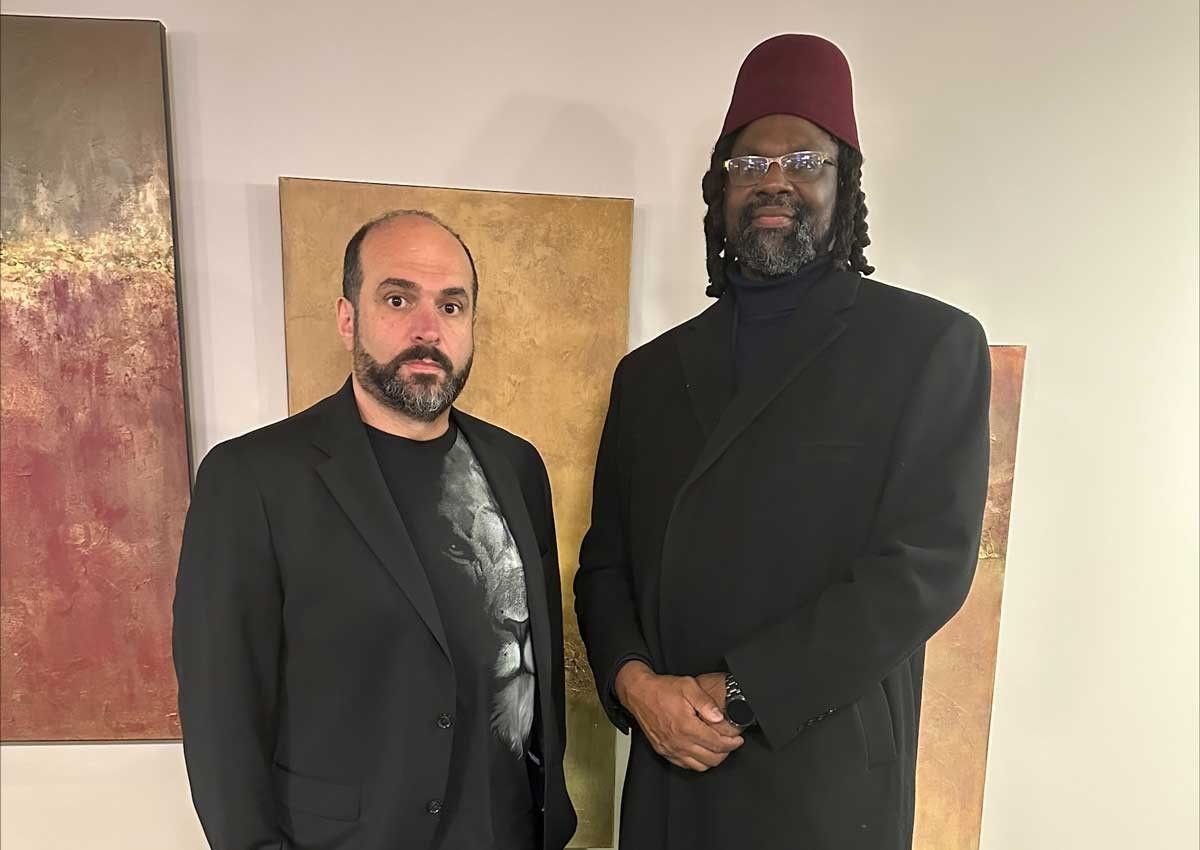Opinion - Pass the Second Look Sentencing Act in Michigan
"My father was killed. The man responsible and serving life without parole should not be in prison."

Currently being considered in the Michigan State Legislature, House Bills 4556-4560, known as the Second Look Sentencing Act, would allow sentence reviews for those who have served 10 years or longer. These bills are anchored by data-driven public safety reforms that would would help make Michigan a national leader in fair, just, and compassionate sentencing reform.
Almost one-third of Michigan’s prison population has already served at least 10 years, representing a higher proportion than the national average. Given that racial disparities increase with sentence length, House Bills 4556-4560 would also set Michigan towards a path of correcting the disproportionate imposition of lengthy sentences on its Black citizens.
Hearing from the survivors of violent crime on the topic of sentencing reform provides a well-rounded picture of a more just system. Despite elected officials passing reactionary tough-on-crime policies that dramatically increase the number of people sent to prison and the length of time that offenders spend there, this experiment with incarcerating ourselves out of crime and violence has failed everyone, particularly victims and survivors. States like Michigan are looking to make a course correction, and the reform process offers us a tremendous opportunity to let decision-makers know what victims and survivors need to truly become safe and healthy and to rebuild their lives.
One advocate for the Second Look Sentencing Act in Michigan is Nabil Zebib, whose father was killed in December 2000 during an armed robbery. Zebib recently wrote an opinion piece for the Detroit Metro Times titled "My father was killed. The man responsible and serving life without parole should not be in prison." Excerpts from the opinion piece are reprinted below.
*****
I was 13 in 1983 when my family was separated due to escalations in the Civil War in Lebanon. My mother, two brothers, and I fled for America. My father, Hani Zebib, and one brother were left behind to tend to the family business.
During the time he was here, my father’s American dream was embodied in the Detroit store he tirelessly tended to and, on December 11, 2000, where my father was robbed and shot at gunpoint. The loss and injustice of that heinous crime left its mark on the lives of me and my family, including my future children. Now, I imagine that hearing about the pain I’ve endured the last 23 years would lead you to be very surprised that I have dedicated the past three years to advocating for the release of one of the individuals involved in my father’s death.
Demel Dukes, who I have gotten to know over the years, and whose release from prison I advocate for, was at the scene of my father’s murder as a lookout. Although he did not pull the trigger, he received a life sentence without parole (LWOP).
And while Demel was guilty of facilitating the murder, he has served his time. During those 2.5 decades, he has become the man he was supposed to be. He is a leader with the National Lifers of America Chippewa Chapter, has educated himself, and is dedicated to his faith.
Our prison systems too often prioritize profit over the growth and development of incarcerated individuals. Profit-driven prison models perpetuate a cycle of punishment that frequently leaves individuals more broken than when they entered.
We will only create a more compassionate and just society when we strive for a criminal justice system that fosters human rehabilitation and supports the reintegration of individuals who’ve shown a commitment to positive change during their time behind bars.
*****
You can read the full opinion piece, "My father was killed. The man responsible and serving life without parole should not be in prison" at the Detroit Metro Times website.










